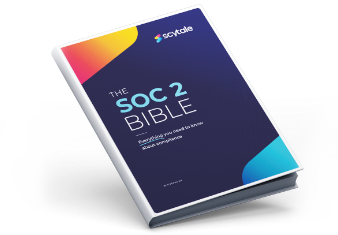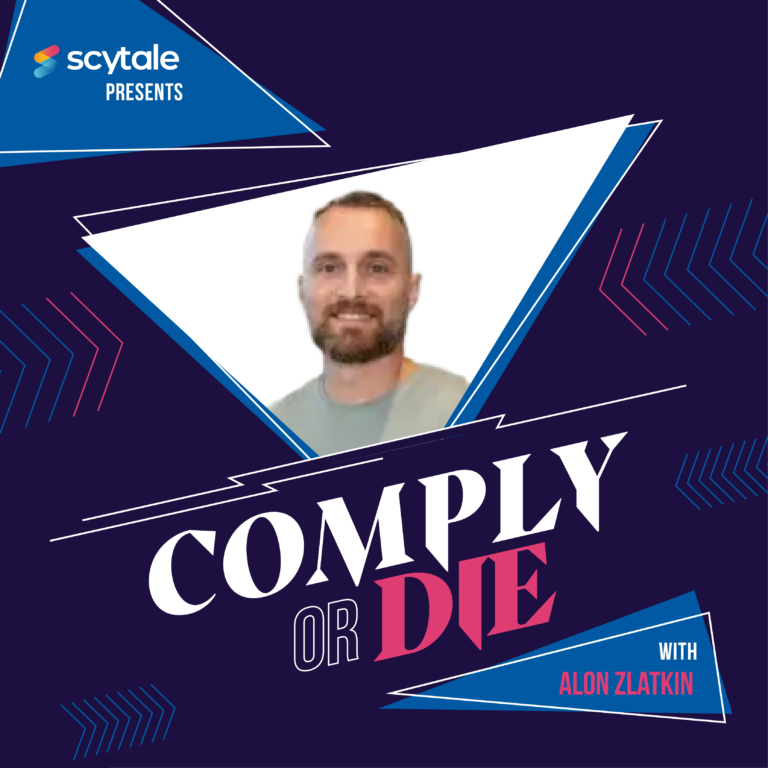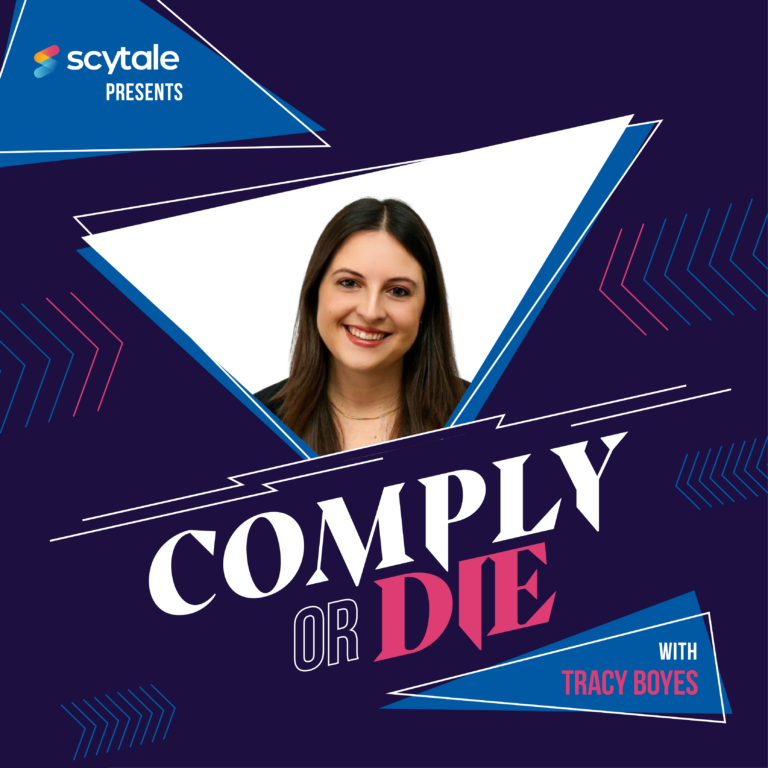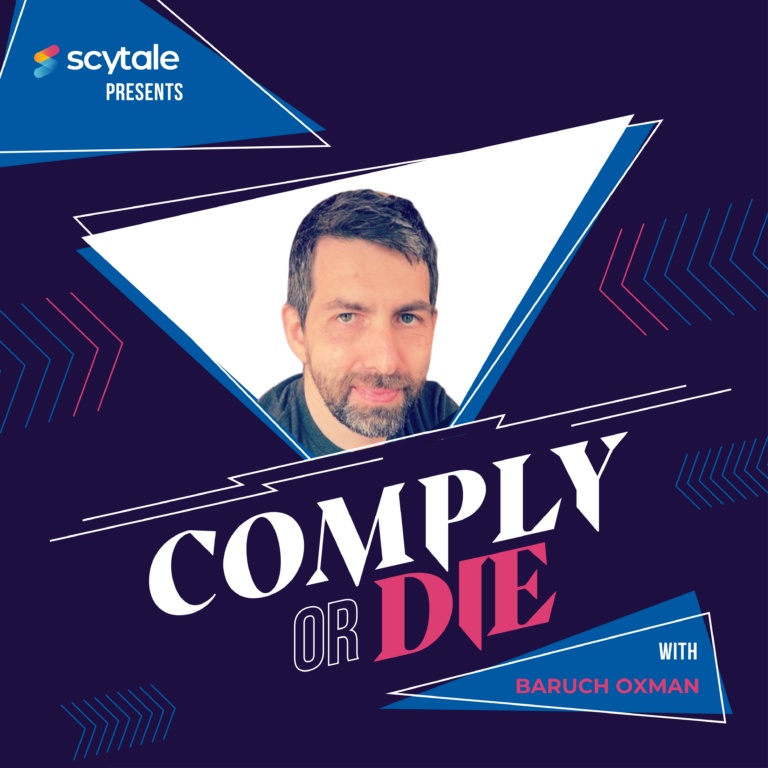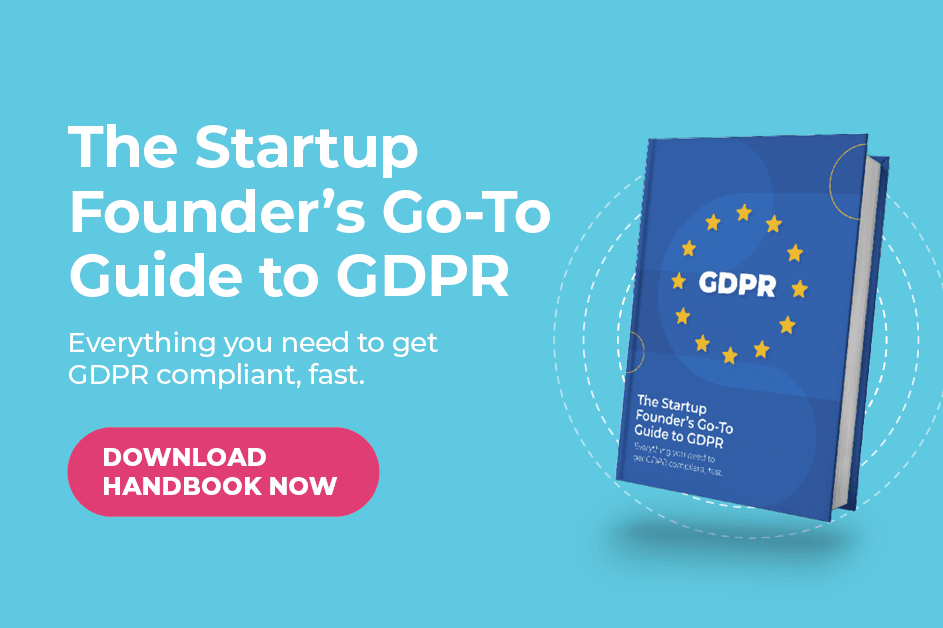Yudit Moldavsky is the director of IT and security operations at Rapid, a fast-growing fintech company. She began her career in the Israeli defense force where she was first exposed to information security. Though she didn’t initially plan a career in cybersecurity, she found she enjoyed the work and responsibilities grew with the company’s rapid growth.
Yudit enjoys the collaboration and logic-based discussions she has with employees to help them understand the value of security and compliance. She believes that employees understanding the “why” behind policies and procedures is key to success. Her daily work involves checking in with her teams, prioritizing risks and tasks, and ensuring they are aligned with business goals. She conducts mini risk assessments daily to make sure time is focused on the most critical issues.
For organizations just starting out, Yudit recommends implementing security policies from day one rather than later when it’s more difficult. She also stresses the importance of being audit-ready year round rather than waiting for an audit date. For women looking to enter the field, she advises focusing on your strengths, evolving them, and gaining confidence in yourself rather than worrying about knowledge gaps. In the future, Yudit sees automation tools playing a larger role to free up time for security professionals to focus on higher value work.

